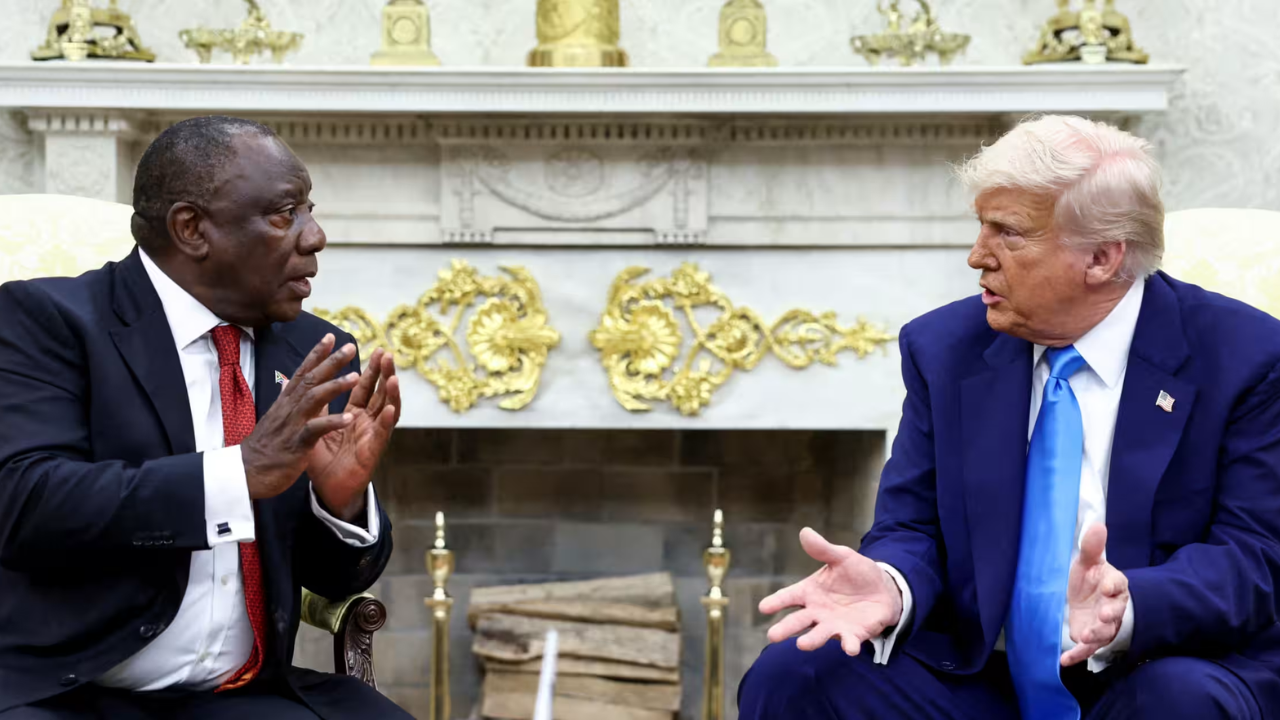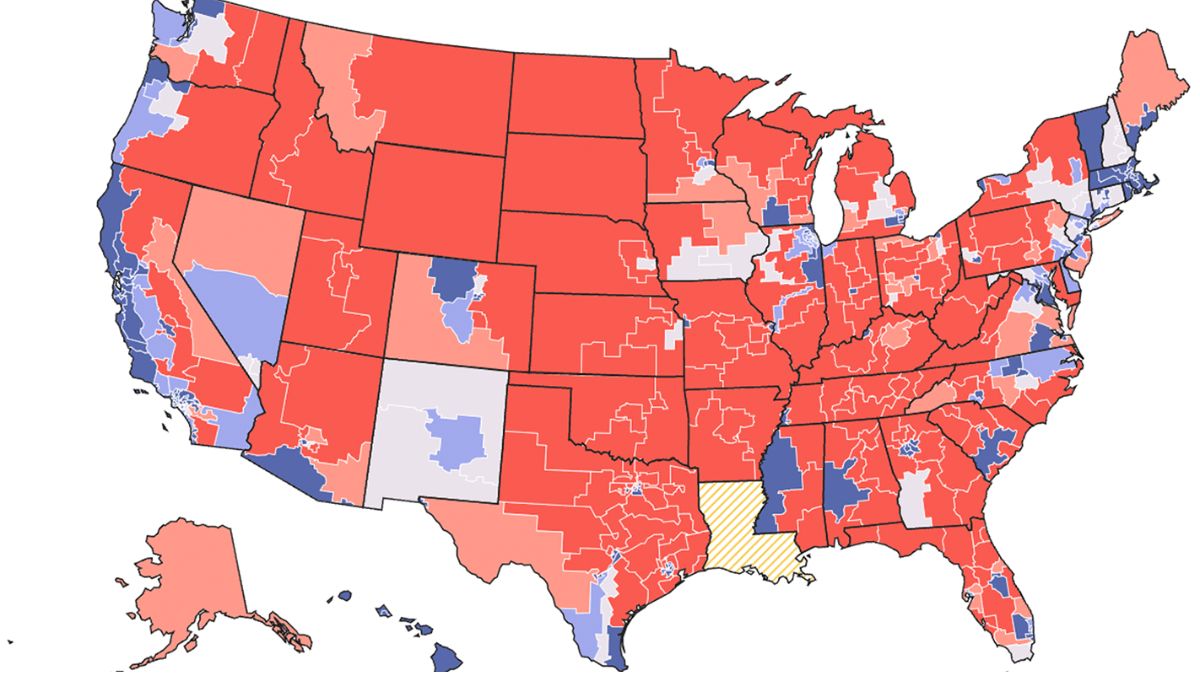President Donald Trump has set the U.S. refugee admissions ceiling at 7,500 for the 2026 fiscal year—the lowest cap in U.S. history, according to a policy document released by the White House on Thursday. The administration says it will focus refugee admissions primarily on white South Africans from the country’s Afrikaner minority, citing what Trump describes as “racial persecution.”
The move marks a dramatic shift in the country’s long-standing refugee program, drawing criticism from human rights advocates and international organizations who call the decision politically and racially motivated.
A New Focus: White South Africans
In the official refugee determination, signed on September 30, Trump argued that the U.S. should prioritize “Afrikaners and other groups suffering unjust discrimination in their homelands.” The South African government has repeatedly denied claims that white citizens face systemic persecution, describing such narratives as “baseless and divisive.”
Trump paused all refugee admissions upon returning to office in January 2025, saying the system would remain frozen until it was “restructured to serve the national interest.”
Weeks later, the administration began fast-tracking a limited number of South African applicants. By early September, only 138 South Africans had been admitted under the new process, according to Reuters.
An internal policy memo drafted in April also suggested the administration might prioritize refugees from Europe who face “political persecution” for supporting nationalist or populist movements, though those groups were not explicitly included in the public plan.
Global Shift on Refugee Protections
During the United Nations General Assembly in September, senior Trump officials urged member nations to join a “global realignment” aimed at tightening asylum laws and rolling back post–World War II refugee frameworks. The proposal represents a direct challenge to decades of international cooperation under the U.N. Refugee Convention.
The Trump administration’s 7,500-person ceiling stands in sharp contrast to the 100,000-refugee cap established under President Joe Biden in fiscal 2024.
Refugee advocates say the new policy undermines the humanitarian foundations of U.S. immigration policy.
“Refugees have strengthened America for generations,” said Gideon Maltz, CEO of the Tent Partnership for Refugees. “They fill essential jobs, build communities, and contribute to the economy. Dismantling this program isn’t putting America first—it’s isolating us.”
Oversight Shifts to Health and Human Services
In a related administrative change, the White House confirmed that oversight of the refugee resettlement system will move from the U.S. Department of State to the Department of Health and Human Services (HHS), signaling a restructuring of how the U.S. handles refugee integration and support programs.
Officials say the shift aims to “align humanitarian intake with domestic capacity and public health priorities,” though critics see it as a further downgrading of the nation’s global humanitarian role.
International and Domestic Reaction
The policy announcement has sparked strong reactions both abroad and within the United States. Human rights organizations condemned the decision as discriminatory and contrary to U.S. treaty obligations.
South African officials dismissed the narrative of Afrikaner persecution as “a political fabrication,” emphasizing that the U.S. should not “weaponize humanitarian policy for ideological gain.”
Meanwhile, analysts say Trump’s move reinforces his administration’s broader agenda of restricting immigration and redefining refugee policy around cultural and national interest criteria.
“This is not just a number,” said one former State Department official. “It’s a complete reframing of what America stands for in the world.”



